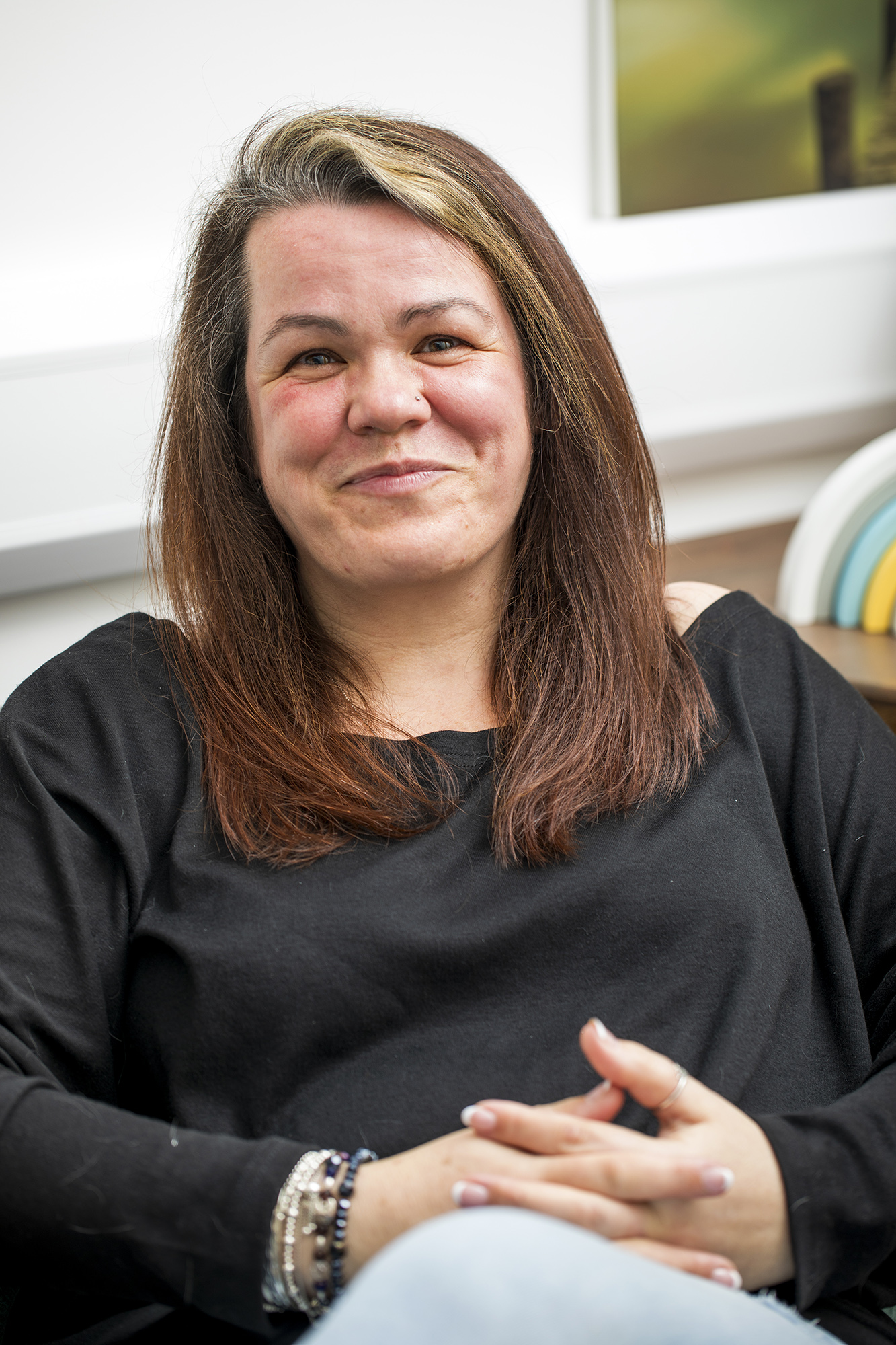
How to choose the right counsellor
- Rachel Clarke
- Sep 4, 2025
- 3 min read

Choosing the right counsellor can be a daunting and overwhelming process. It's very personal and what feels like a great fit for one person might not feel right for another.
I would start by looking on the BACP, UKCP or NCS websites. These are professional organisations that ensure the counsellor you have chosen is properly qualified and works to a professional standard.
In the UK a counselling isn’t a government regulated profession which means the title of counsellor isn’t protected by law. This means a person with minimal training can call themselves a counsellor. However, there are recognised professional organisations with benchmarks set by counselling professional bodies which have registers confirming counsellors have had adequate training and met professional standard within the counselling industry.
Clarify what kind of support you would like, are you looking for help with anxiety, depression, trauma, grief, ADHD, relationship issues, or general self-development? Some counsellors specialise in certain areas, so knowing your priorities makes it easier to match to a counsellor’s skill set.
There are different 4 main approaches within counselling, often if you have no preference a mixture can be beneficial because you can explore which approach suits you best.
· Person-centred / Humanistic – warm, non-directive, focuses on self-exploration.
· Cognitive Behavioural Therapy (CBT) – practical, structured, often short-term, focuses on thoughts, behaviours and how to change them.
· Psychodynamic – explores past experiences, patterns, and the unconscious.
· Integrative – blends several approaches tailored to you often blending the three above approaches at the same time.
Do you have a preference to online or in person, both can be extremely effective, and each has its own merits. For example, working online can be helpful as you can be in a familiar environment for the sessions, and you won't need to battle your way home in traffic straight after a session. However, this only works if you have a space where you can talk freely without the risk of being overheard. Whereas in person can feel like having a safe and supported space where you can unpack your thoughts and feelings at the end of the session you can leave and go back to the real world around you, like having a little safe haven bubble to unpack your emotions separate from your everyday life.
It may be important to you that a counsellor shares or understands aspects of your identity (e.g., neurodiversity, LGBTQ+, cultural background, parenting experience).
Check their write up or ask directly if this feels important to you.
Once you have an idea of the things above its time to explore the counsellors’ profiles. which ones resonate with you? Try and pick a few that feel right for you, a short list of around 3 counsellors can be helpful. Email all three of them and ask any questions you may have, also enquire if you can have will have a short introductory session. This will give you the chance to meet them, see what they feel like. Training and experience matter, but so does whether you feel you can connect with them as a person.
The quality of the relationship you build with a counsellor is one of the most important factors within counselling. Would you feel safe and heard with each counsellor. Could you be open without the fear of being judged? you will be telling this person things you may have never shared before.
Trust your gut: sometimes you’ll just know if the fit is right or wrong.
You’re not “stuck” with the first counsellor you try. If it doesn’t feel like a good match, it’s okay to look elsewhere finding the right fit is part of the process.
I hope this is a helpful and you find the right counsellor for you.
If I can be of any help, please feel free to email me with any questions you may have.






Comments